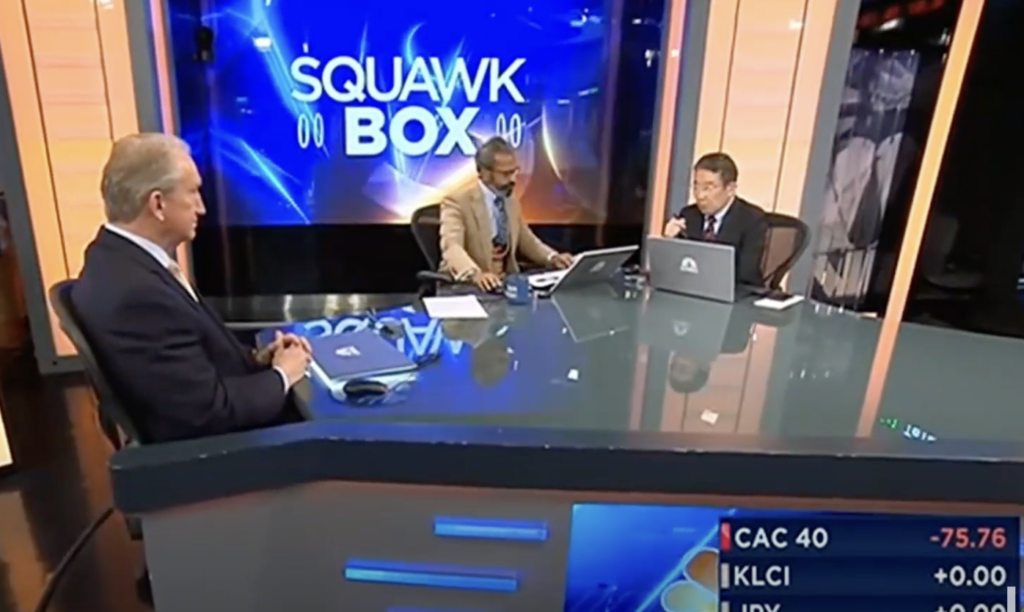In a recent segment of CNBC Squawk Box Asia titled “Gene Seroka on Issues Impacting Global Supply Chain,” Gene Seroka, the Executive Director of the Port of Los Angeles, shared valuable insights into the current state of global supply chains, the impact of infrastructure challenges, and the future of trade and logistics.

The Aftermath of the Francis Scott Key Bridge Collapse
The conversation opened with a discussion on the recent collapse of the Francis Scott Key Bridge near the Port of Baltimore, a critical incident that has severely impacted one of America’s busiest ports, particularly in handling roll-on/roll-off vehicle imports. The collapse is a stark reminder of the vulnerabilities in the United States’ aging infrastructure and its cascading effects on supply chains.
Immediate Challenges and Adjustments
Recovery teams are making efforts to reroute traffic and facilitate the movement of cargo around the collapsed bridge, but significant challenges remain. The main route out of the port is blocked, creating substantial disruptions for commercial shipping operations. This incident has not only affected the flow of goods but also the livelihoods of dock workers and businesses reliant on the port’s activities.
Infrastructure and Investment
Seroka highlighted the critical need for infrastructure investment, referencing the bipartisan infrastructure law as a step in the right direction. The law aims to modernize ports, roads, and bridges to enhance the resilience and efficiency of the supply chain network, a necessity underscored by the recent port disruptions and the supply chain crisis during the COVID-19 pandemic.
Global Supply Chain Vulnerabilities
The discussion also touched upon broader global challenges impacting supply chains, including geopolitical tensions, climate change, and labor negotiations. Issues such as the security concerns in the Red Sea, drought conditions affecting the Panama Canal, and ongoing East Coast dock workers’ negotiations were cited as factors contributing to the fragility of global trade networks.
The Role of Technology in Supply Chain Management
Seroka expressed optimism about the potential of automation and artificial intelligence to improve supply chain management. However, he emphasized the importance of integrating these technologies in a way that considers the workforce, ensuring that technological advancements do not come at the cost of employment.
Operational Practices and Safety Measures
The conversation also delved into specific operational challenges highlighted by the incident with the Dolly container ship that crashed into the Francis Scott Key Bridge. The need for stringent safety measures, including the use of tugboats and addressing power issues on large vessels, was discussed as critical to preventing similar incidents in the future.
Looking Ahead
As the global supply chain faces unprecedented challenges, the insights provided by Gene Seroka shed light on the multifaceted efforts required to navigate these turbulent times. From infrastructure investment to technological innovation and beyond, the path forward for global trade and logistics is complex but navigable with the right strategies and collaborations.
In conclusion, the segment “Gene Seroka on Issues Impacting Global Supply Chain” on CNBC Squawk Box Asia offered a comprehensive look at the current state and future of global supply chains, emphasizing the need for resilience, innovation, and proactive measures to ensure the smooth flow of trade in an ever-changing world.